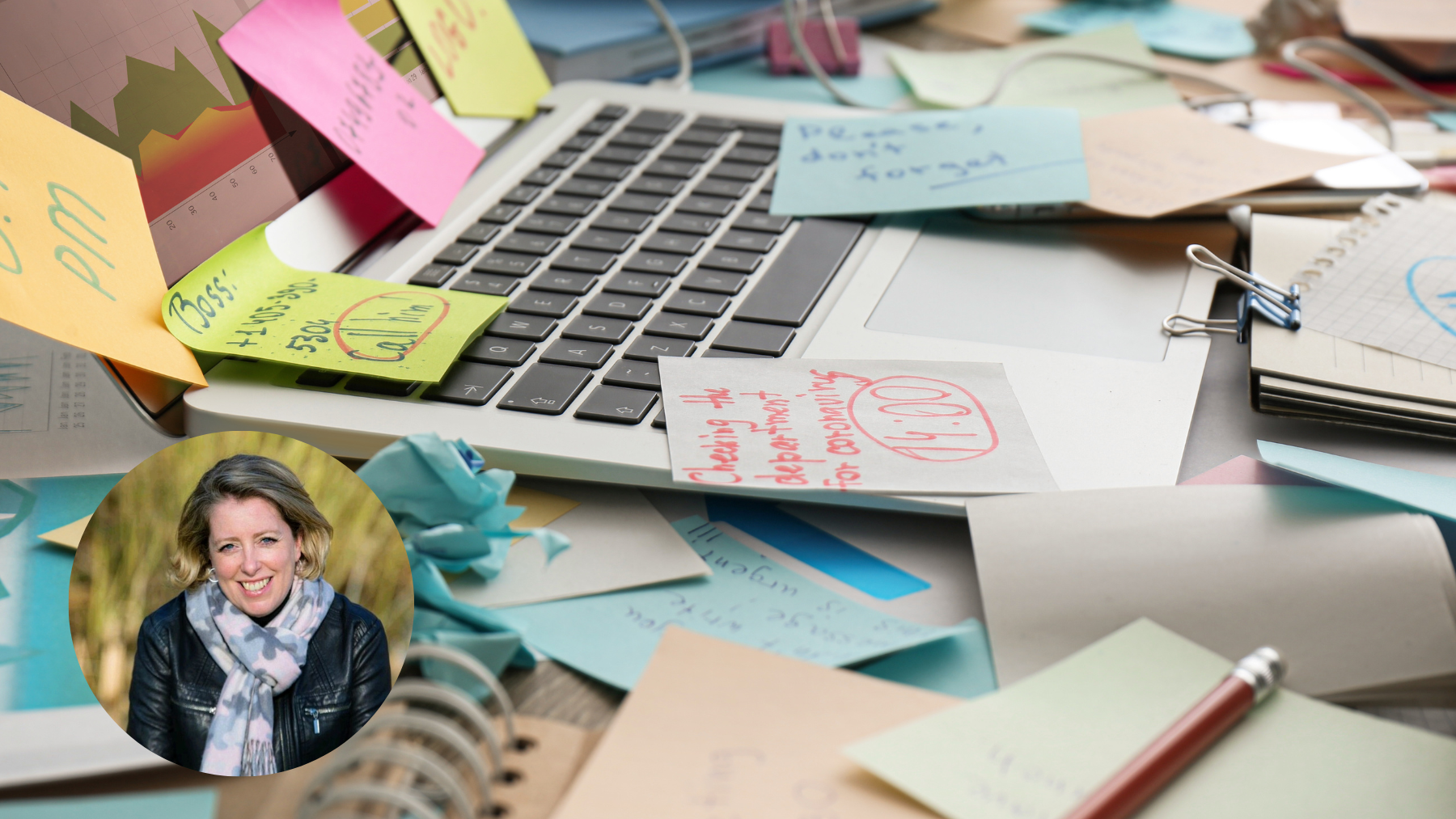Online Overload
By Suzanne Walker Therapist MNCPS (Accredited), Counsellor at The Eaves
The amount of information we are constantly exposed to – and we subject ourselves to – is, quite simply, overwhelming. The modern world offers 24/7 access to, well, pretty much anything. You can shop any time of the day or night, read the news, watch TV and films on demand, connect with friends and family, access work… and the list goes on. Often, we are doing at least 2, 3 or more of these things at the same time.
We use the term multi-tasking as if it’s a skill, and something which can (or even should) be developed. However, it’s not the natural way to function for a neurotypical person. In fact, the phrase ‘multi-tasking’ was originally used in relation to computers, which are specifically designed to have multiple processes occurring at the same time.
The brain is not actually wired to operate and focus on various tasks, or to take in numerous sources of stimulation at the same time. Therefore, by exposing ourselves to constant streams of information and sensory input, we are putting strain on our cognitive functioning and resources. Each time we switch our attention from one thing to another, for example from a smart phone to the TV, we need to expend energy and then, when we switch back, bring more energy (and time) to refocus on the original activity. For instance, imagine you are reading something. Someone interrupts to ask a question. It usually takes a few moments to switch attention, process what has been said and respond, and then a few more moments (and if you’re like me, re-reading the last few lines to remember where I was!) to continue reading. Envisage doing this ALL THE TIME, often with more than 2 things to focus on. It sounds exhausting doesn’t it? But this is how many of us are operating on a minute by minute, hour by hour, day by day basis.
Additionally, of course, we are seldom really, mindfully engaged with any one thing. We are living with ‘scattered minds’ and, as per Johann Hari’s book on the subject, we often experience ‘stolen focus’.
Over and above the additional cognitive resources required is the emotional and psychological impact. This constant state of not being able to ‘switch off’ – in fact, the opposite – of being ‘switched on’ and plugged in to more and more sources of information and stimulation, can be harmful to our emotional wellbeing. I know I can recognise in myself often feeling ‘jittery’ and on edge when I’m endlessly scrolling on my phone, whilst also trying to watch TV. It’s not breaking news that this amount of input can result in overwhelm and it can increase feelings of anxiety and stress. We’re generally aware that smart phones can be very addictive due to the dopamine which gets released when we’re interacting with them; on social media for example. Those little notifications trigger a small release of dopamine, so we are constantly checking our phones to continually get a ‘hit’ of the feel-good hormone. But as they say, ‘what goes up, must come down’ so we also experience low mood and anxiety at the other end of the scale.
So what can we do about it? How can we retrain our minds to focus on JUST one thing at a time, and start to really pay attention, in a meaningful way?
• As with many areas of life and emotional wellbeing, awareness is key. We need to bring attention to what are we doing and how many things we’re doing at the same time. When we notice, when we pay attention, we can make changes.
• Switching off – the term ‘digital detox’ is common these days, but there are ways to ‘switch off’ for periods of time each day. For example, most smart phones and tablets have a ‘do not disturb’ or ‘focus mode’. There are also digital wellbeing trackers and apps, sometimes already available on your device.
• Checking in with yourself, both physically and emotionally. How does your body feel? Do you notice any areas of tension or stress? How are you feeling emotionally? Are you present and grounded, or feeling anxious and perhaps emotionally disconnected. If so, it may be time to take a break, stretch – breathe – get outside.
• Try not to take your phone or device everywhere – go for a walk without it (and notice how you feel about this idea; quite likely anxious/nervous)!
• Talking therapy – can help with various areas related to lack of focus/attention, addiction, anxiety and stress.
If you relate to the phrase “chronically online”, perhaps it’s time to take action
and be more “purposefully offline”.
The Eaves Counselling and Psychology
Suzanne Walker, Counsellor and Psychotherapist at The Eaves, is based at our Godalming practice. To find out more about Suzanne, or to enquire about her latest availability, please visit her profile here
The Eaves Counselling and Psychology Ltd is a select professional body of Counsellors, Psychotherapists and Psychologists, providing high quality psychological care Monday to Saturday between 9am and 9pm from our practices in Guildford, Godalming, Farnham, Haslemere and online.
Find your practitioner in five easy steps
Are you a business owner or would like more support from your job? The Eaves’ own Employee Assistance Programme (EAP) service for small to medium businesses is easy, affordable and gives staff instant access to our large team of in-house Counsellors and Psychologists at a time and date to suit them. Contact us to find out more about our EAP service
If you need immediate support please find our list of useful contacts

